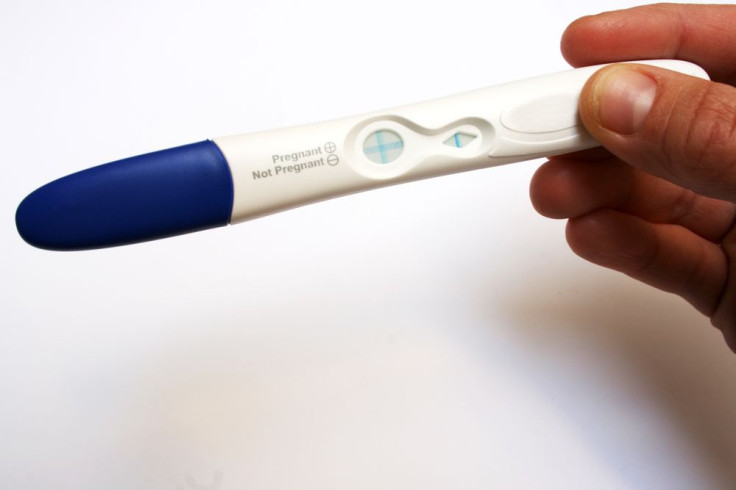Fertility Treatment Not Associated WIth Increased Risk Of Breast Cancer

New research shows that fertility drugs do not increase the risk of breast cancer, refining the current knowledge of the disease that killed more than 40,000 U.S. women last year.
The new study comes in response to fears over fertility treatments like clomiphene citrate and gonadotropins. "We wanted to evaluate the long-term relationship of fertility medications and breast cancer risk after controlling for other factors that have been shown to be correlated with both breast cancer risk and use of those drugs," Dr. Louise A. Brinton, lead author and director of the Hormonal and Reproductive Epidemiology Branch at the National Cancer Institute, said in a press release.
"Overall, our data show that use of fertility drugs does not increase breast cancer risk in this population of women, which is reassuring,” she added.
To investigate, the researchers reviewed data from more than 12,000 women evaluated for infertility between 1965 and 1988. The team looked at 30 years of follow-up data for 9,892 women, 749 of whom developed breast cancer. They then analyzed disease incidence in relation to prescribed fertility treatments.
The findings, which are published in the journal Cancer Epidemiology, Biomarkers & Prevention, show that women who take clomiphene citrate or gonadotropins are no more likely to develop breast cancer than women who don’t receive fertility treatment. "Given the high doses of drugs received by our study participants and the lack of large increases in breast cancer risk many years after exposure, women previously exposed to such drugs should be reassured by these findings," Brinton explained.
Breast Cancer and Fertility Treatment
Breast cancer is currently the second deadliest cancer among U.S. women, affecting over 200,000 and killing 40,000 each year. It is estimated that one in every eight women will develop the disease at some point in her life. While the cause remains unknown, risk factors include early puberty, late menopause, and certain genes.
It is not clear why previous studies have hinted at an elevated cancer risk for women on fertility treatment. One possible explanation, the team says, is that the observed risk may be related to persistent infertility rather than the prescribed medication.
Still, more research is needed before any broader claims can be made. Brinton is quick to point out that, while the current findings are pretty clear, researchers should not take their eyes off the study sample just yet. "This cohort of women should continue to be monitored as they progress into a typical breast cancer age range,” she told reporters. “In addition, data are needed to assess the long-term effects of fertility drugs given in current practice, such as those used in conjunction with IVF.”
Source: Brinton L, Scoccia B, Moghissi KS, et al. Long-term Relationship of Ovulation-Stimulating Drugs to Breast Cancer Risk. Cancer Epidemiology, Biomarkers & Prevention. 2014.



























